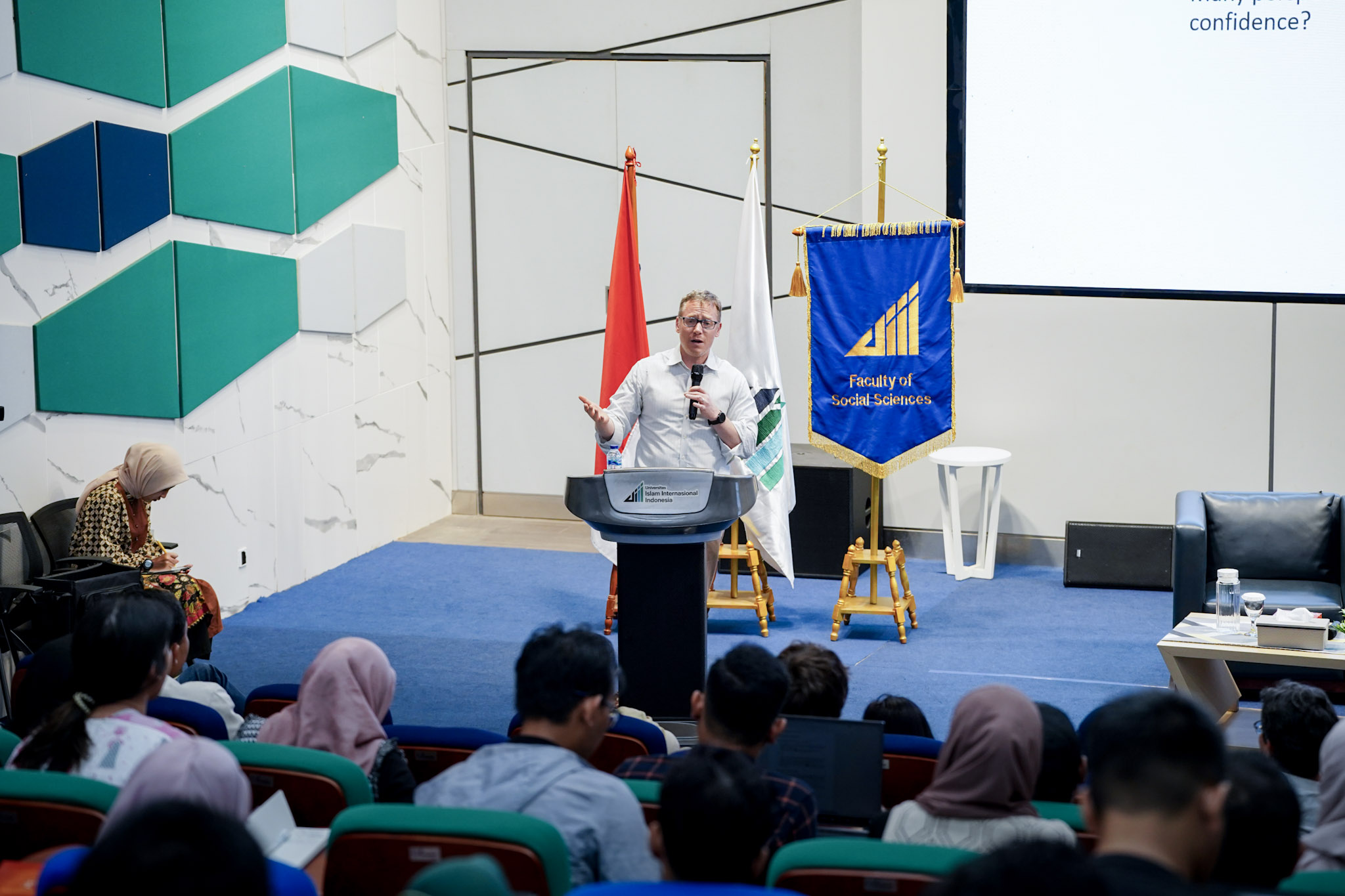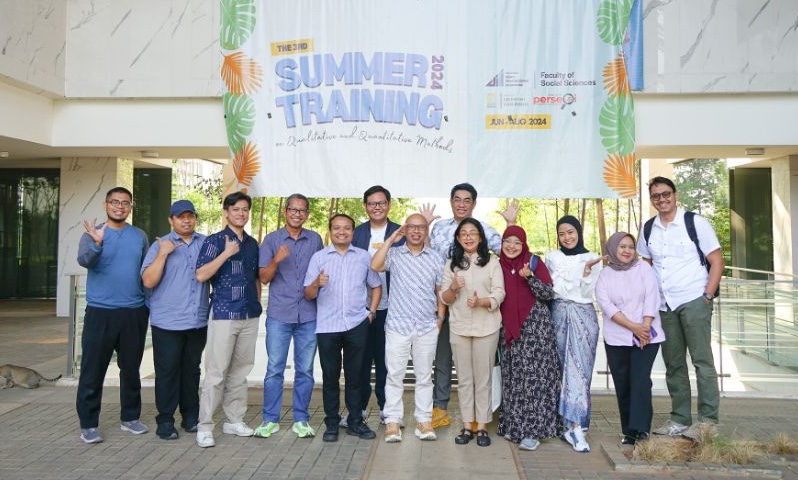The Growing Popularity of Methodological Training in Indonesia
August 19, 2024Contributor: Dadi Darmadi | Editor: Supriyono
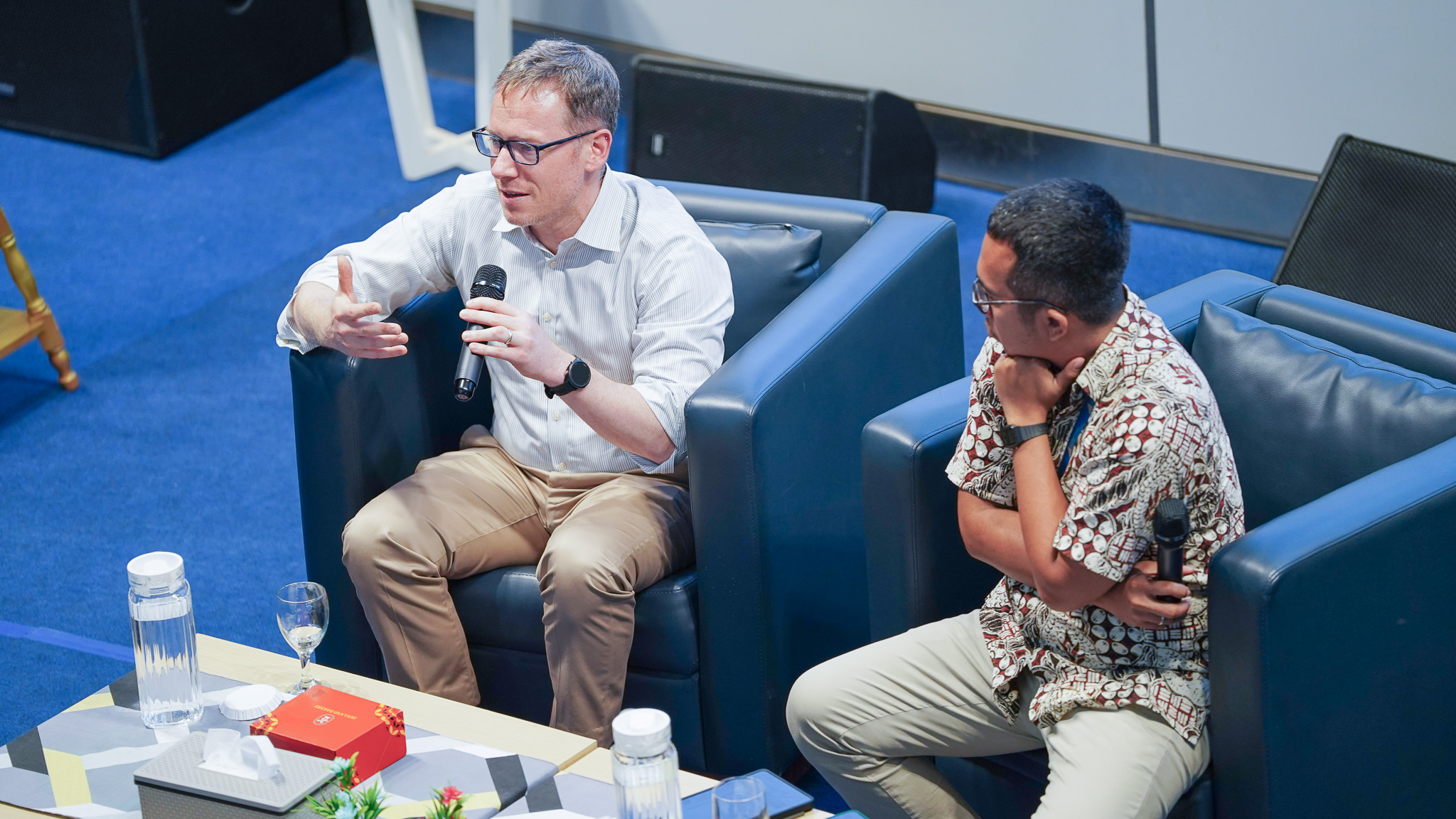
In recent years, the demand for rigorous methodological training in Indonesia has seen a significant rise. Researchers, academics, and students across the country are increasingly recognizing the importance of mastering both qualitative and quantitative methods to enhance their research and contribute meaningfully to their fields.
At the forefront of this growing movement is the Summer Training on Qualitative and Quantitative Methods (STQ2M), a program hosted by the Faculty of Social Sciences (FOSS) at Universitas Islam Internasional Indonesia (UIII).
A Program with a PurposeThe STQ2M, now in its third year, has quickly established itself as a premier event for what Dr. Philips Vermonte, UIII’s Dean of FOSS, “method enthusiasts” across Indonesia. With a broad curriculum that covers everything from introductory techniques to advanced methods, the training has attracted participants from a wide range of institutions, including major universities like UI, Paramadina University, ITS, Binus University and UIN Jakarta, as well as various research organizations.
| Read also: Insights on Methodology: Pepinsky's Guide in Linking Qualitative and Quantitative Methods for Social Sciences |
Dr. Testriono, the convenor of this year’s STQ2M, explained the program’s appeal: “We designed the STQ2M to be as comprehensive as possible, offering modules that cater to both beginners and seasoned researchers. The idea is to provide a one-stop solution for anyone looking to enhance their methodological skills, whether they’re in academia, government, or the private sector.”
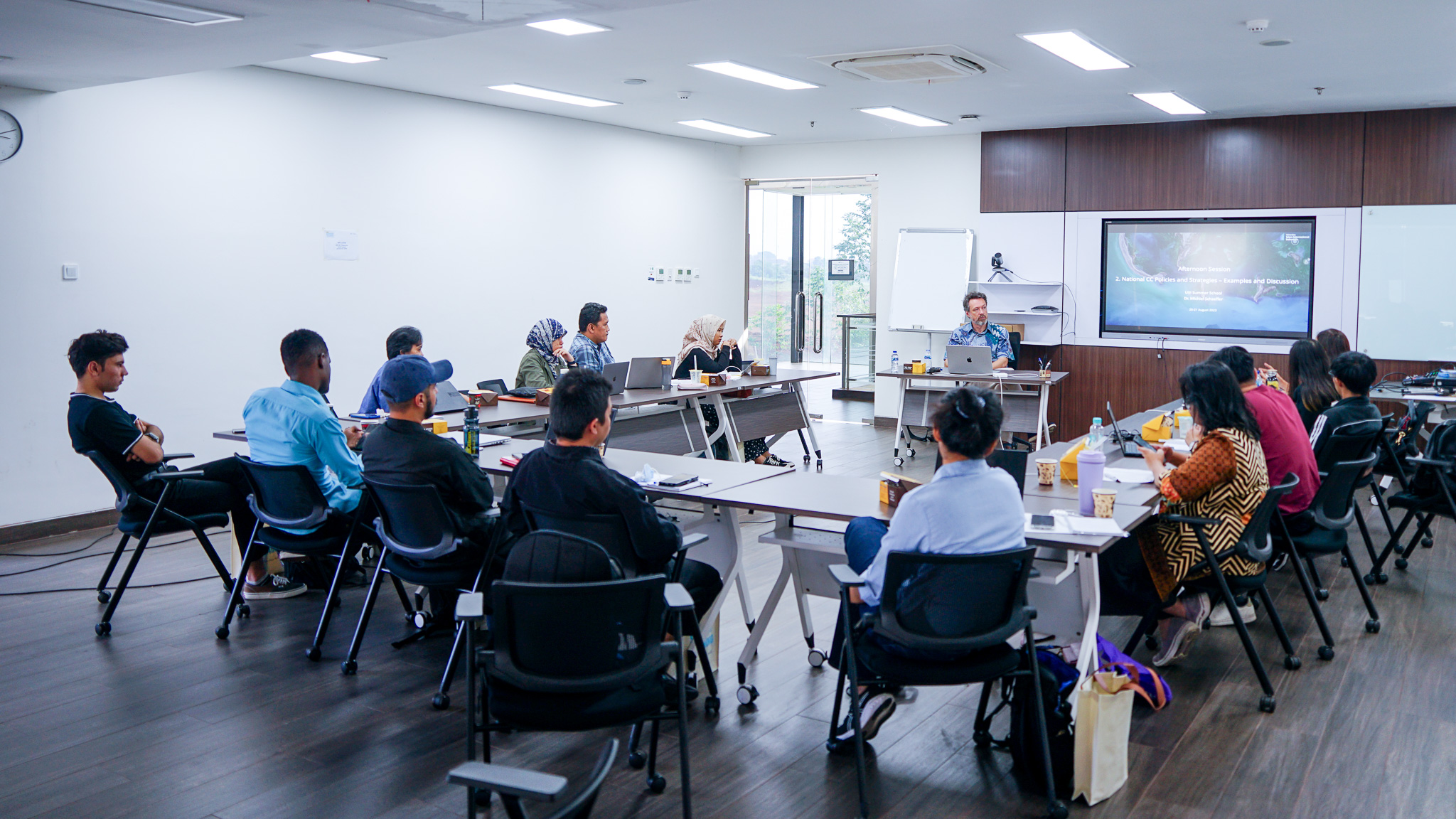
Bridging the Gap
One of the unique aspects of the STQ2M is its emphasis on bridging qualitative and quantitative methodologies. This approach is particularly important in the social sciences, where understanding complex social phenomena often requires a combination of both methods.Thomas Pepinsky, a Professor at Cornell University who delivered a public lecture at the kick-off event of this year’s STQ2M, emphasizes the importance of the mix method. “Linking qualitative and quantitative methods is essential for a more nuanced understanding of social issues,” he said. “By integrating these approaches, researchers can uncover patterns and insights that might be missed if they rely on just one method.”
| Read also: Localizing Islam in a Globalizing World: Dr. Ermin Sinanovic’s Lecture at UIII |
This perspective resonates with many participants, who appreciate the opportunity to learn from experts like Professor Pepinsky and to see how these methodologies can be applied in their own research. “The training has been eye-opening,” said one participant from UI. “I’ve always focused on quantitative methods, but now I see the value in combining them with qualitative approaches.”
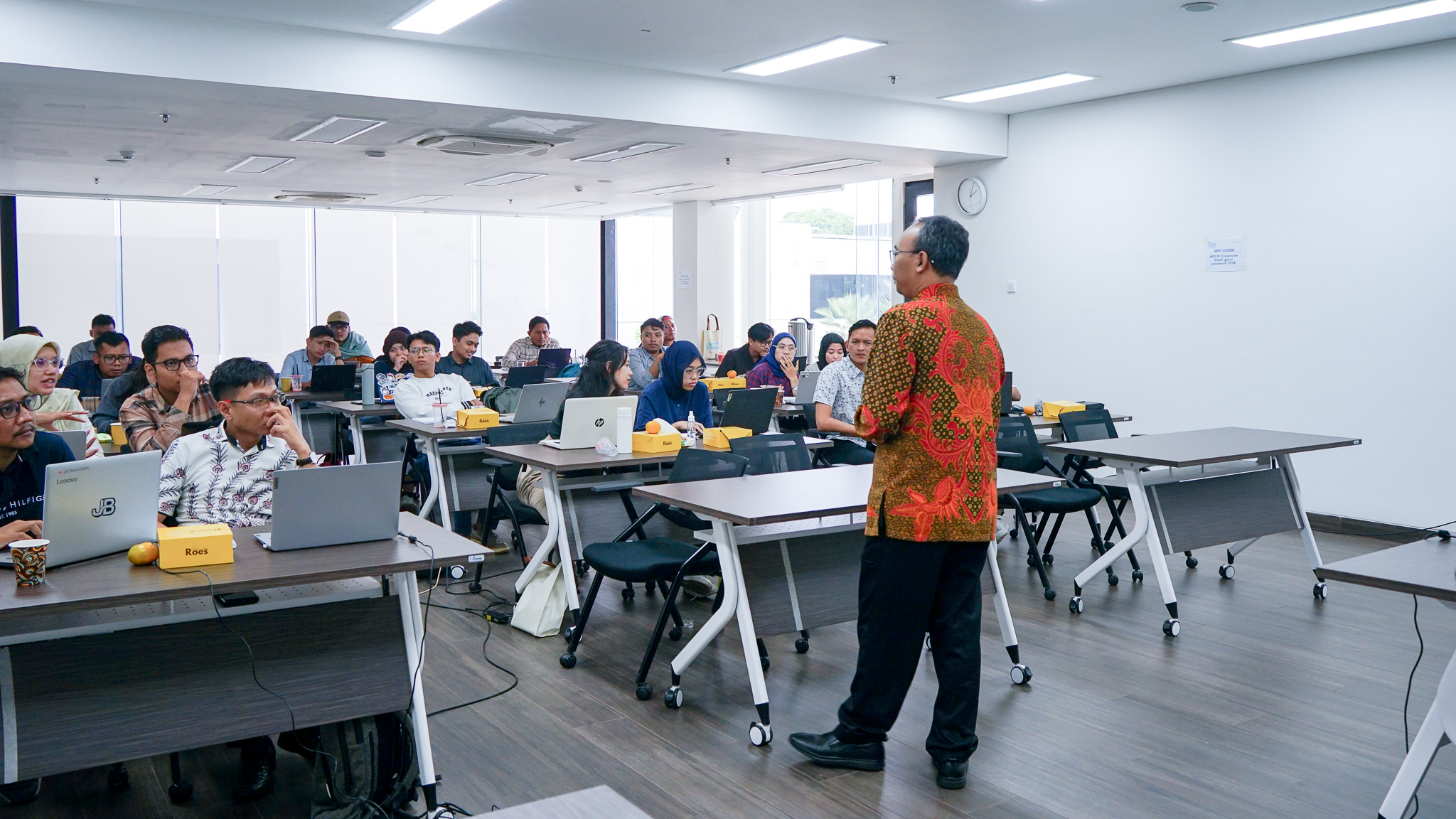
Meeting the Growing Demand
The popularity of the STQ2M reflects a broader trend in Indonesia’s academic and research communities. As universities and research institutions strive to produce more rigorous and impactful research, the need for high-quality methodological training has become increasingly apparent.
“Methodological rigor is key to producing robust, credible and influential research,” said Philips Vermonte. “In today’s competitive academic environment, researchers need to be proficient in both qualitative and quantitative methods. That’s why programs like the STQ2M are so important—they fill a crucial gap in our educational system.”
| Read also: Integrating Qualitative and Quantitative Methods in Social Science Research |
The growing demand for such training is evident in the numbers. This year’s STQ2M has set a new record with more than 200 participants, plus 50 participants for the module on “Survey and Sampling” co-hosted by the Perhimpunan Survei dan Opini Publik Indonesia (Persepi), many of whom come from outside UIII. This trend shows no sign of slowing down, as more and more institutions recognize the value of investing in methodological training.
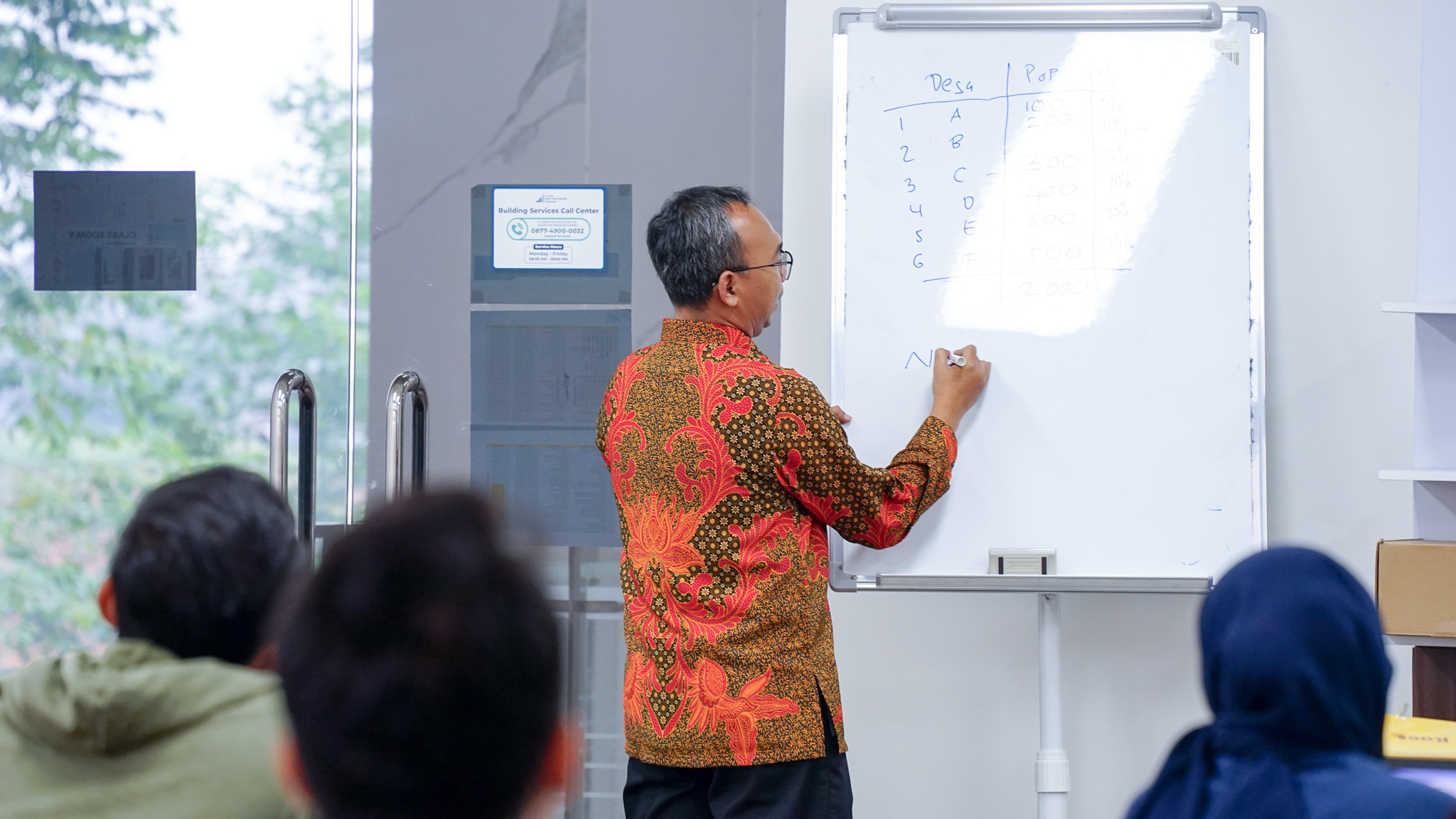
The Future of Methodological Training in Indonesia
Looking ahead, the success of the STQ2M suggests that the demand for comprehensive methodological training will continue to grow. UIII’s program is already setting the standard, and its influence is likely to expand as more researchers and institutions look to improve their methodological capabilities.
| Read also: The Faculty of Social Sciences of UIII successfully held FOSS Summer Training |
“The STQ2M has become a destination event for anyone serious about methods,” said one of the program’s instructors. Philips Vermonte explained, “It’s exciting to see how the program is evolving and how it’s contributing to be the “annual hub” for the development of research in Indonesia.”
As UIII continues to innovate and expand its offerings, the STQ2M will undoubtedly play a central role in shaping the future of methodological training in Indonesia. For participants, it’s not just an opportunity to learn—it’s a chance to be part of a growing community dedicated to advancing the quality and impact of research across the nation.
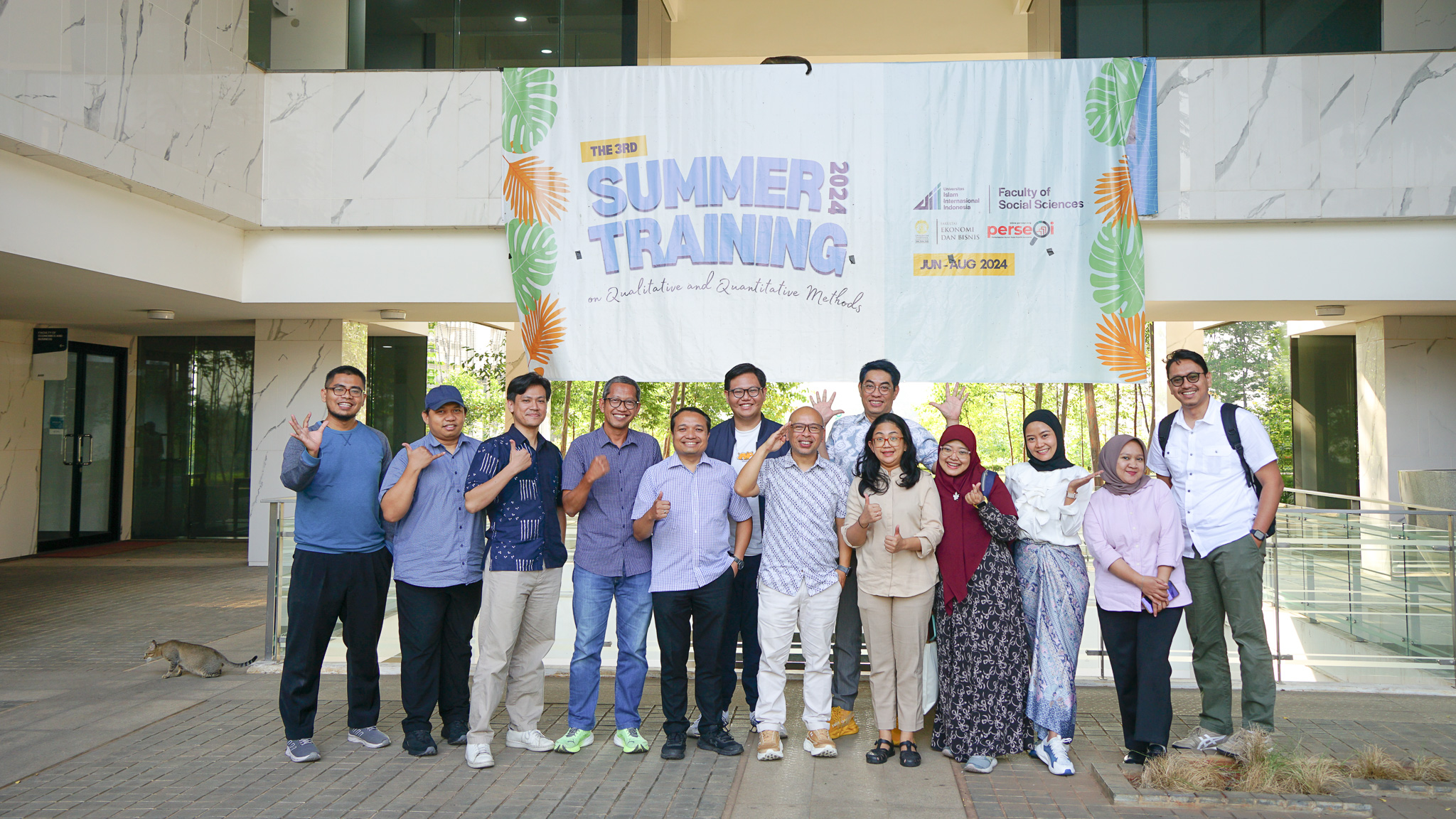
- Indonesia’s Ministry of Religious Affairs and One Million Trees Program for Earth Day
- Islam and National Identity: Dr. Andar Nubowo on Indonesia’s Moderate Islamic Framework
- Green Ramadan: A Sustainable Initiative in the Sacred Month
- Prof. Dr. Phil. Sahiron: Bridging Classical and Contemporary Quranic Studies
- Joel N. Lohr on Indonesia, Higher Education, and Intercultural Dialogue
- Prof. Sahiron Syamsuddin Affirms Ministry’s Support for UIII-Al Azhar Partnership
- 'Indonesia Has Strong Commitment to Islamic Knowledge': Al-Azhar Rector at UIII
- A Green Awakening: How Indonesia’s Muslim Communities Are Leading the Charge for Sustainability
- Is ‘Trump Effect’ Impacting Indonesia’s Investment?
- Balancing Profit and Sustainability: Can ‘Impact Investing’ Be the Solution?
